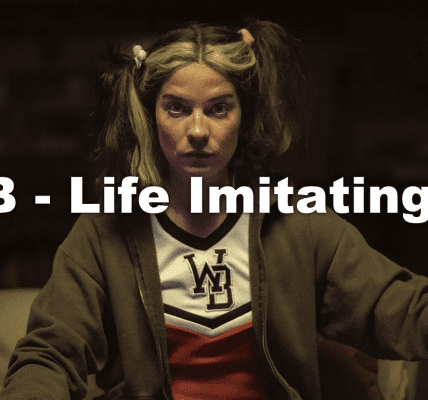God bless Leonard Nimoy – he remembered the ‘Murder Your Darlings’ rule of story and killed Spock’s baby. I mean, not literally. Nimoy’s decision to cut the subplot of Spock and Saavik having a love child in Star Trek IV highlights a larger issue in Hollywood. We’re so used to the lack of commitment to quality storytelling and the constant need to pander to the lowest common denominator that we freak out when someone refuses to pander.
But Leonard Nimoy was that kind of guy. By making the call to remove this potentially cringe-worthy plotline, Nimoy had enough foresight to see that this would not only be uncomfortable for fans to watch, but also a disservice to the characters and the franchise as a whole. Kudos to you, Mr. Nimoy.
Take a step back and look at the bigger picture here. Why was this subplot even considered in the first place? Oh right, because Hollywood loves a good love story, even if it makes absolutely no sense in the context of the characters or the story. It’s like they have a checklist of clichés and they just can’t resist ticking them off, even if it means sacrificing logic and consistency.
This is not just a problem in the sci-fi genre, the entertainment industry has a bad habit of prioritizing profits over quality storytelling. How many times have we seen a perfectly good movie or TV show ruined by a forced romance or unnecessary sexualization of characters? It’s exhausting.
Nimoy knew we deserved better science and technology focus in our entertainment. Good enough isn’t good enough. Quit dumbing things down to make everyone happy. It’s insulting to the audience’s intelligence and it’s a disservice to the source material.
But there are some shining examples out there of people doing things correctly. Take a look at shows like Black Mirror or Westworld, where the focus is on thought-provoking storytelling and not just cheap thrills. These are shows that challenge our ideas about the future and technology, and they do it without resorting to tired tropes.
Yes, Leonard Nimoy killed Spock’s Baby – it’s called ‘Murder Your Darlings.’ In the end, it all comes down to priorities. Are we going to continue to settle for mediocre storytelling in the name of pandering to the masses, or are we going to demand more from our entertainment? The choice is ours, and I for one am ready to boldly go where no lazy plotline has gone before.




